The 6 Main Types of 'Omamori'
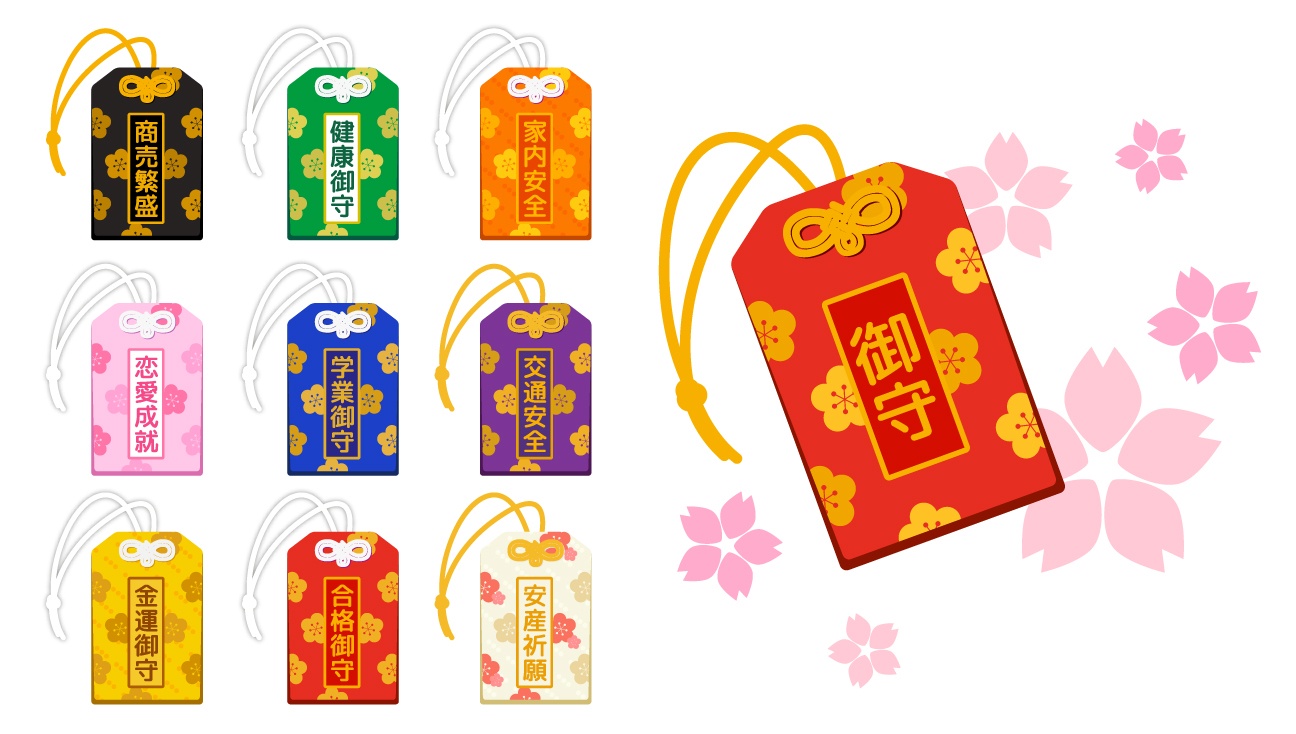
Omamori are small Japanese charms or amulets that are usually sold at temples and shrines. Dedicated to specific Shinto gods or Buddhist figures, each charm is said to provide specific forms of luck or protection. Here are the main six good luck charms that people often carry with them or give as gifts.
6. Health Protection Charm (健康)
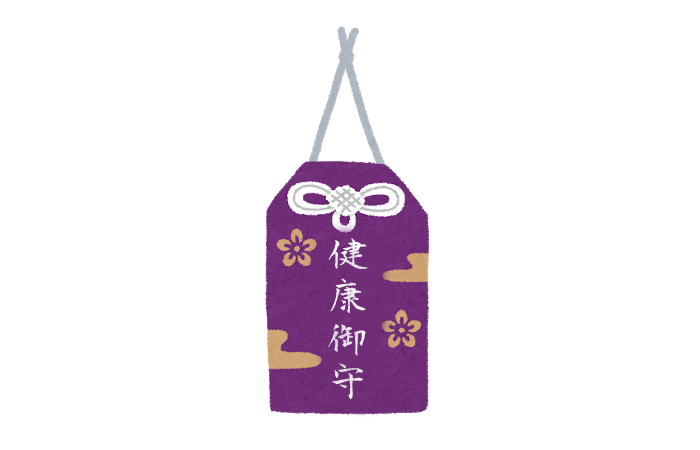
This charm, the kenko (健康), is supposed to protect your health, to prevent you from getting diseases, and help you to live a long life.
5. Money Charm (商売繁盛)
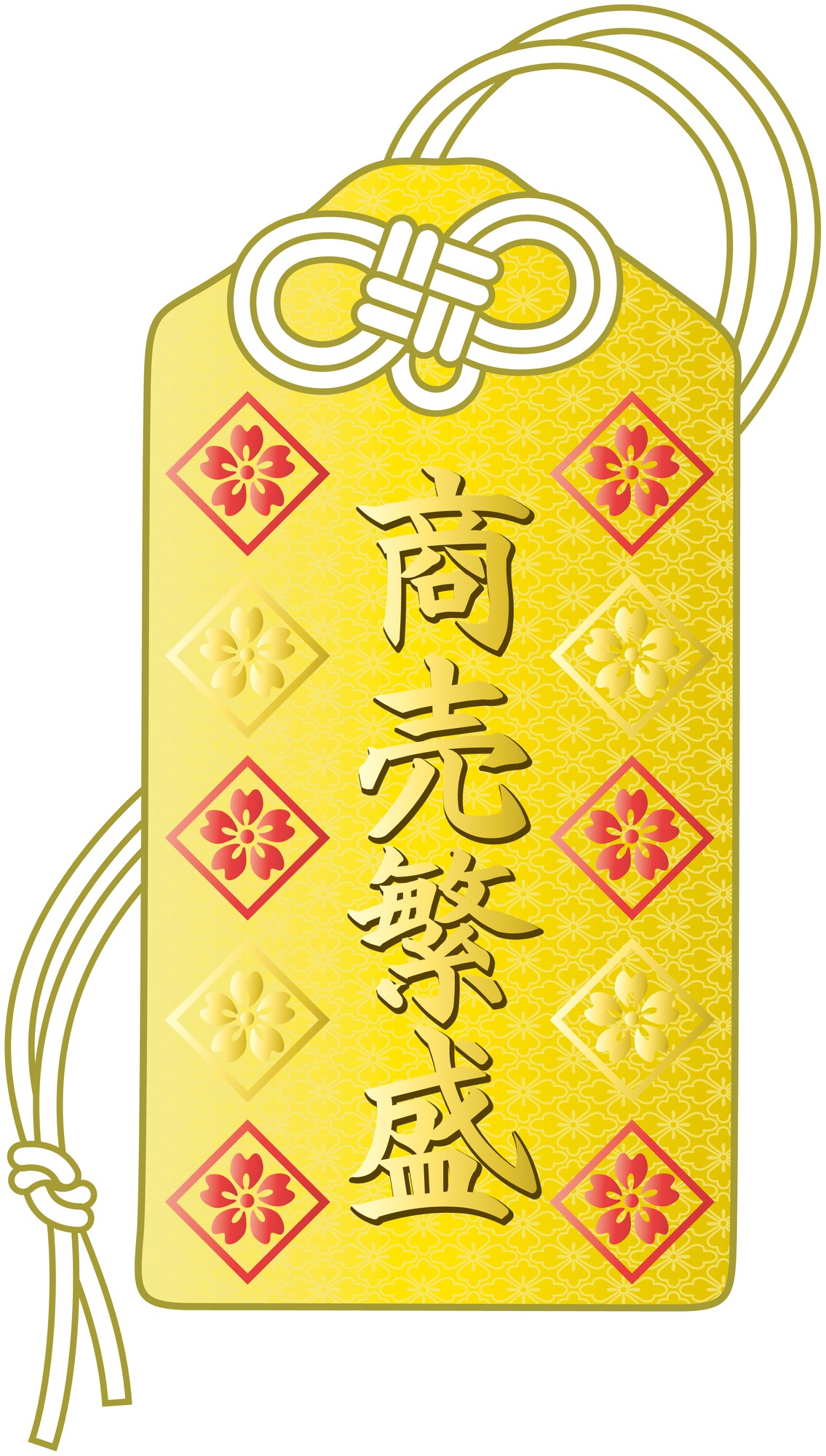
This amulet, called the shobai-hanjo (商売繁盛), is said to provide good luck and good fortune in your business, whether you're an individual or a company.
4. Love Charm (縁結)
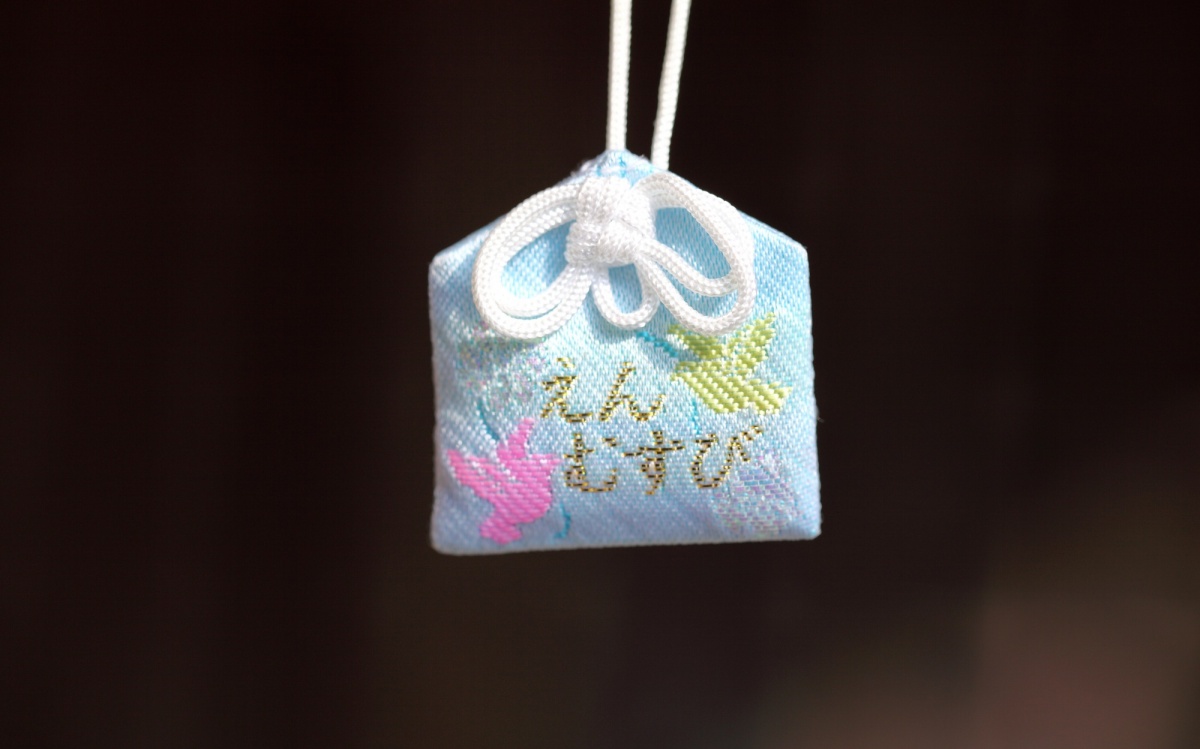
This charm, called the en-musubi (縁結) is supposed to bring you good fortune with romance, love, and eventually marriage. This amulet is said to help single people find their soulmate.
3. Education Charm (学業成就)
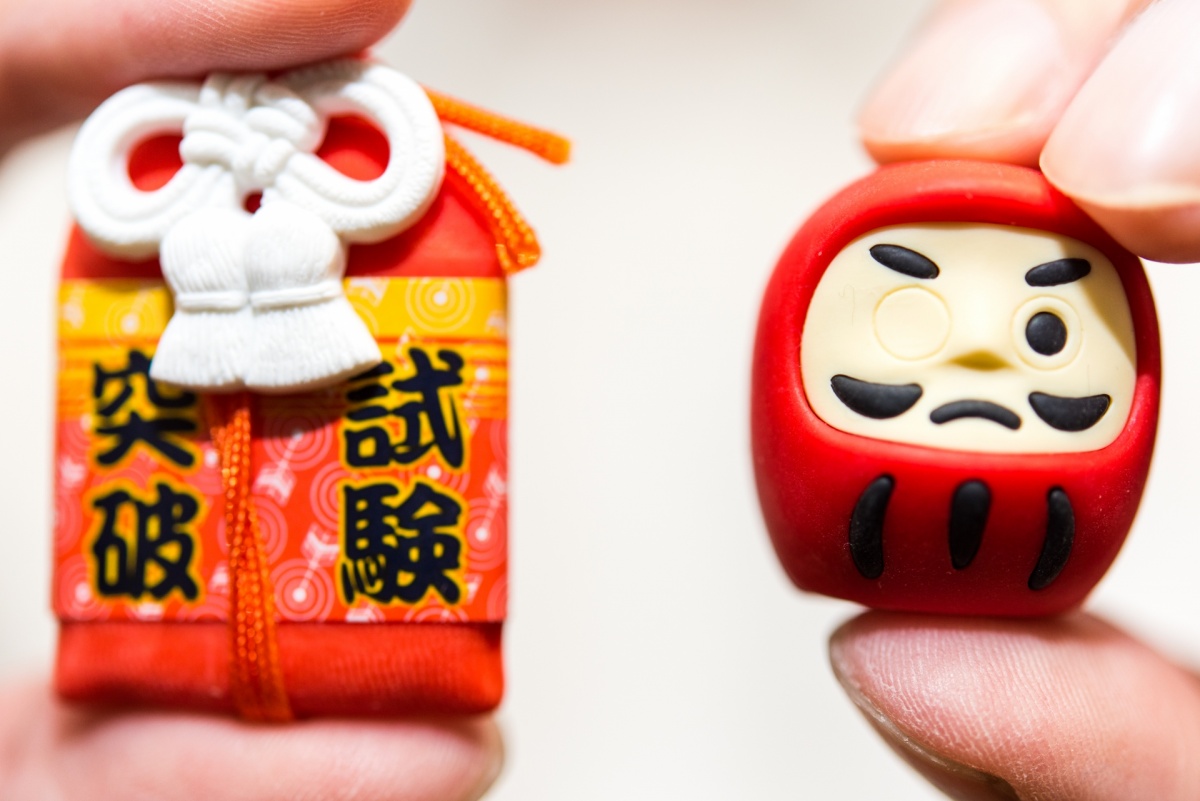
This charm, called the gakugyo-joju (学業成就), is supposed to bring good luck for students in their education, and also for people in their general acquisition of knowledge. It's popular for students to carry this amulet as they prepare for their exams.
2. Safe Travels Charm (交通安全)
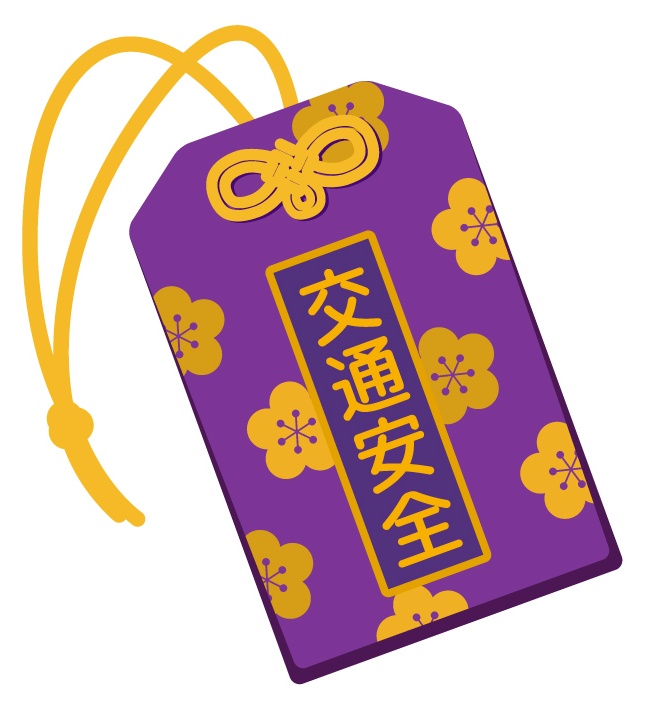
This amulet, the kotsu-anzen (交通安全), is supposed to provide safe journeys for all kinds of travelers. Originally it was meant as a traffic safety charm, but it has become a charm for all methods of travel. All Nippon Airlines (ANA) even made a blue charm for safe air travel because blue is the color of the airline. This one is more specifically labeled koku-anzen (航空安全), or air travel safety.
1. Ward Away Evil Charm (厄除)
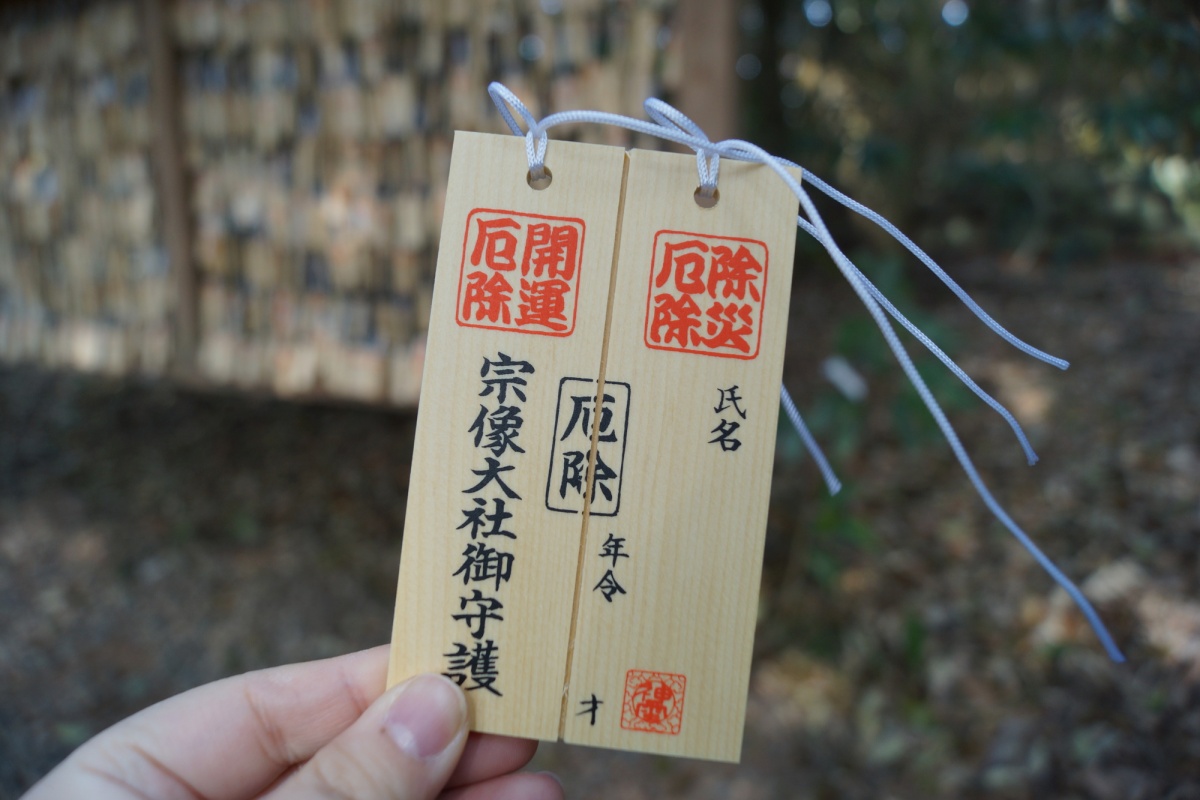
This charm, the yaku-yoke (厄除), is supposed to keep evil and disasters far away from you.
Take your pick for your favorite form of protection! And if you'd like to know more, check out Tokyo Weekender's extensive report!



